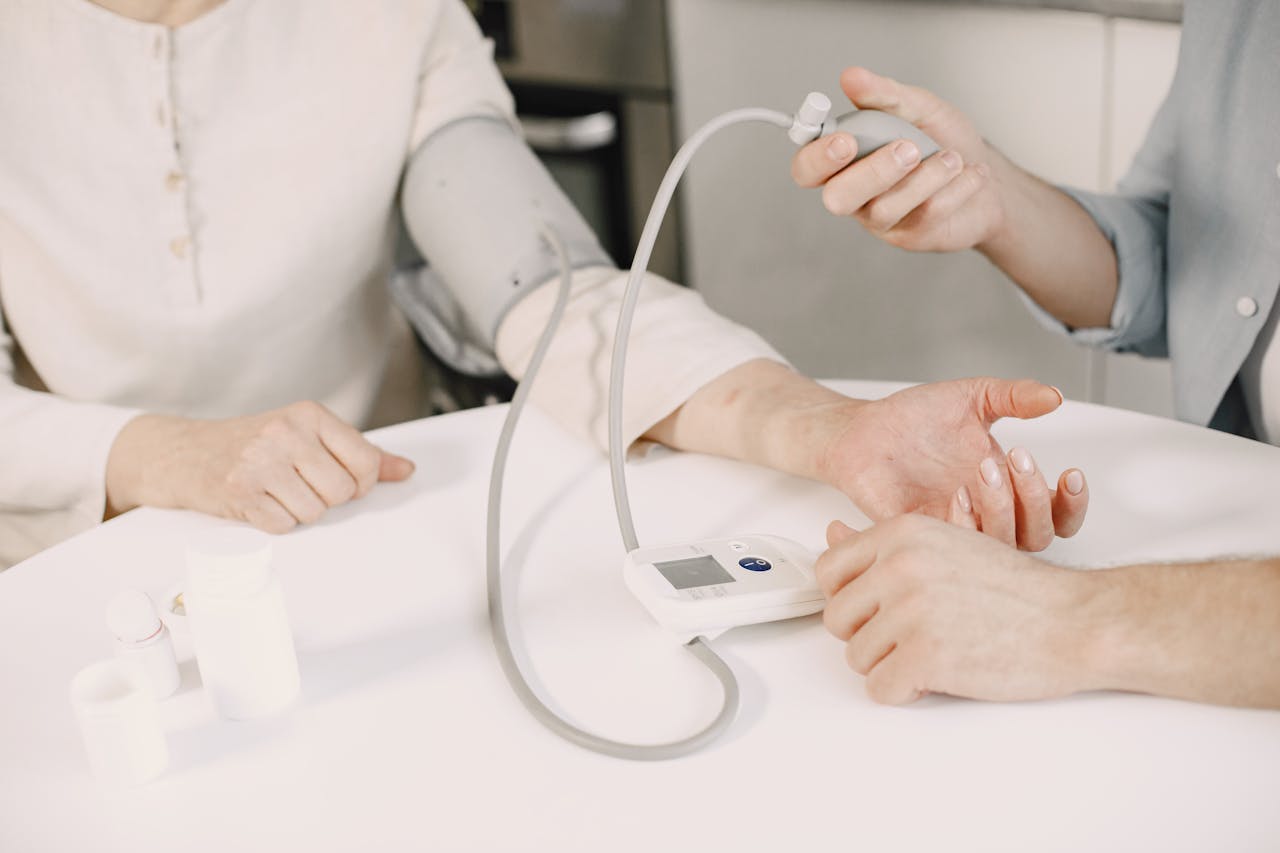If you've received an early-stage Chronic Kidney Disease (CKD) diagnosis, it's natural to explore every possible avenue to protect your kidney health. While conventional medicine offers powerful therapies, many individuals also look into "natural alternative treatments." The appeal of natural remedies often stems from a desire for fewer side effects, a more holistic approach, or simply additional support.
However, it's crucial to approach natural alternatives for kidney disease with extreme caution. Unlike pharmaceutical drugs, most natural supplements are not rigorously tested for safety, efficacy, or purity by regulatory bodies like the FDA. This means their impact on kidney function, potential interactions with medications, and even their actual ingredients can be unpredictable.
This guide will discuss common natural approaches, where you might find related products, and most importantly, emphasize the absolute necessity of medical supervision.
The Golden Rule: Consult Your Nephrologist FIRST!
Before considering any natural alternative treatment, you MUST have an in-depth conversation with your nephrologist or kidney specialist. This cannot be stressed enough. Here's why:- Kidney Disease is Complex: CKD is not a one-size-fits-all condition. Different causes and stages require highly specific management. What might be "safe" for one person could be dangerous for another.
- Drug-Herb Interactions: Many natural supplements can interact with prescription medications (e.g., blood pressure meds, diuretics, diabetes drugs) you may already be taking, potentially making them less effective or increasing side effects.
- Hidden Harm: Some "natural" ingredients, especially certain herbs or compounds, can be directly toxic to kidneys, especially compromised ones. Some supplements have been found to contain heavy metals, pesticides, or even undisclosed pharmaceutical ingredients.
- Electrolyte Imbalances: Herbs can contain high levels of potassium or phosphorus, which can be dangerous for CKD patients whose kidneys struggle to regulate these minerals.
- Lack of Evidence: While some natural compounds show promise in lab or animal studies, robust human trials demonstrating their effectiveness and safety for slowing CKD progression are often lacking.
Categories of "Natural Alternatives" and Where You Might Find Them (with extreme caution)
When people refer to natural alternatives for CKD, they often fall into a few categories:1. Dietary and Lifestyle Modifications (The Most Important "Natural" Approach)
This is the cornerstone of managing early-stage CKD and is fully endorsed and prescribed by nephrologists. It's "natural" in the sense that it doesn't involve pills, but rather conscious choices about what you eat and how you live.- Sodium Restriction: Reducing salt intake helps manage blood pressure, a key driver of CKD progression.
- Protein Management: Depending on your CKD stage, your doctor or a renal dietitian may recommend a controlled protein diet to reduce the workload on your kidneys.
- Blood Pressure Management: Beyond medication, natural ways to support healthy blood pressure include the DASH diet, regular exercise, stress reduction, and maintaining a healthy weight.
- Blood Sugar Control: For diabetic nephropathy, rigorous control of blood sugar through diet, exercise, and medication is critical.
- Quitting Smoking & Limiting Alcohol: These habits severely impact kidney health.
- Hydration: Staying adequately hydrated is generally important, though specific fluid restrictions may apply in later stages of CKD.
2. Specific Vitamins and Minerals (Under Medical Guidance ONLY)
People with CKD often have specific nutrient deficiencies or imbalances due to dietary restrictions, impaired kidney function, or medication effects. Supplementation should only occur if your doctor identifies a deficiency and prescribes a specific type and dosage.- Renal Vitamins: These are specially formulated B-complex vitamins (B1, B2, B6, B12, folic acid, niacin, pantothenic acid, biotin) and often a small dose of Vitamin C, designed for kidney patients. They exclude vitamins that can build up to toxic levels (like A, E, K).
- Vitamin D: CKD can impair the kidneys' ability to convert Vitamin D into its active form, leading to deficiency. Your doctor may prescribe an active form of Vitamin D.
- Iron: Anemia is common in CKD, and iron supplements may be prescribed if iron deficiency is identified.
- Sodium Bicarbonate: In some cases of metabolic acidosis in CKD, a doctor may prescribe sodium bicarbonate (baking soda) to help neutralize acid and potentially slow progression. This has some scientific backing.
3. Herbal Supplements and "Kidney Cleanse" Products (Approach with EXTREME Caution and Skepticism)
This category is where the most significant risks lie. Many "natural" products marketed for kidney health lack scientific validation and can even be harmful.- Risky Herbs: The National Kidney Foundation explicitly lists several herbal supplements to avoid if you have kidney disease, including Astragalus, Cat's Claw, Goldenrod, Horsetail, Licorice Root, Stinging Nettle, and Uva Ursi, among others. Some can affect blood pressure, interact with medications, or directly harm kidneys.
- "Kidney Cleanse" Products: Be highly suspicious of products promising to "detox" or "cleanse" your kidneys. Your kidneys are designed to detoxify your body; adding unregulated substances can burden them further.
- Lack of Regulation: The supplement industry is not regulated like the pharmaceutical industry. This means what's on the label isn't always what's in the bottle, and purity and potency can vary wildly.
4. Integrative Nephrology Clinics
A growing number of nephrology practices are adopting an "integrative" approach, combining conventional medical care with evidence-informed complementary therapies.- Personalized, Holistic Care: These clinics aim to address the whole person, often incorporating dietary advice, stress management, and sometimes carefully vetted supplements alongside traditional medical treatments.
- Medical Oversight: The key advantage here is that any "natural" approach is integrated into your care by a medical doctor who understands kidney disease and potential interactions.

